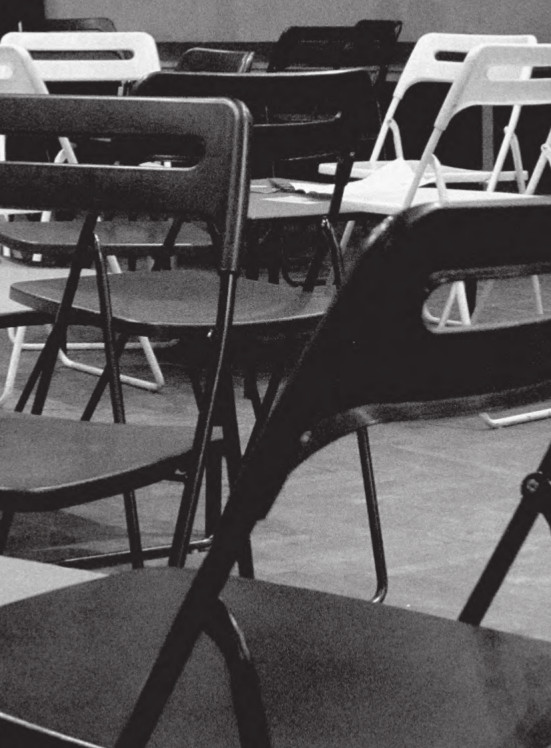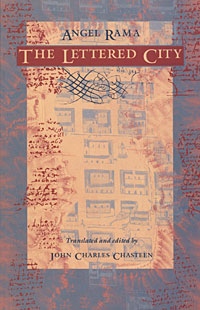Howard Slater, kuda.org (eds.): Faculty of De-Programming for Obsolescence! Welcome! (2014) [EN, SC]
Filed under book | Tags: · education, learning, self-education, self-organization

A reader made within and after the (anti-) conference held on 27-28 Feb 2014 in the Youth Center CK13 in Novi Sad, in production and organization by kuda.org.
With texts by Group for Orgonetherapy by Communism, Howard Slater, Jakob Jakobsen, Nikoleta Marković, Petar Atanacković, Fabian Tompsett, Kasper Opstrup, Branka Ćurčić, and Zoran Gajić.
Publisher New Media Center_kuda.org, Novi Sad, 2014
Copy-left
ISBN 9788688567114
150 pages
Faculty of De-Programming for Obsolescence (English)
Fakultet za deprogramiranje zastarelosti (Serbo-Croatian, updated on 2019-11-7)
Valerio Borgonuovo, Silvia Franceschini (eds.): Global Tools, 1973-1975 (2015)
Filed under book | Tags: · 1970s, architecture, art, body, city, design, education, learning, self-education

“Global Tools was a multidisciplinary experimental program of design education founded in 1973 in Italy by the members of the Radical Architecture including Ettore Sottsass Jr. and Andrea Branzi among others. It was conceived as a diffuse system of laboratories (firstly in Florence, Milan and Naples) promoting the ‘study and use of natural materials and their behavioural characteristics’ with the support of media (namely the magazine Casabella) and aimed to establish an alternative relation with the Italian industry.”
“For the first time in the forty years that have passed since its formation, the experience of the Global Tools counter-school has been brought together in book form, uniting the images and archive documents that were produced over the few short years of its existence. This volume is compiled to chronicle and evaluate the three years of seminar activity that took place between Florence, Milan and Naples in the early 1970s, bringing to a wider audience the story of this tentative attempt to realize an experimental dispersed educational program that would serve as an alternative to the university as an institutional model of reference.
The aim of Global Tools 1973-1975 is to provide a tool for the understanding and reconstruction of the experience shared by, among others, the architects and designers Ettore Sottsass Jr., Alessandro Mendini, Andrea Branzi, Riccardo Dalisi, Remo Buti, Ugo La Pietra, Franco Raggi, Davide Mosconi, and members of the groups Archizoom, 9999, Superstudio, UFO and Zziggurat; conceptual artists and intellectuals Franco Vaccari, Giuseppe Chiari, Luciano Fabro and Germano Celant. The book also contextualizes Global Tools within a more complex network of references and connections. The critical perspectives offered by the contributions of experts and scholars are employed to shed light on those aspects of contemporary experience shared by this pedagogical utopia with the wider world.”
With contributions by Manola Antonioli, Valerio Borgonuovo, Alison J. Clarke, Beatriz Colomina, Silvia Franceschini, Maurizio Lazzarato, Franco Raggi, Simon Sadler, and Alessandro Vicari.
Publisher SALT, Istanbul, July 2015
Creative Commons BY NC ND 3.0 License
ISBN 9789944731461
173 pages
Angel Rama: The Lettered City (1984–) [Spanish, English]
Filed under book | Tags: · city, education, history, history of literature, language, latin america, literary theory, literature, space

“Angel Rama’s La ciudad letrada was published in 1984, shortly after he had died in a plane accident in Spain. Since then, it has quickly established itself as one of the most daring, perspicacious and innovative analyses of Latin American history, literature and political culture. However, because it was not completed due to his untimely death, the book was an incomplete synthesis of several decades of literary criticism and history. Even if Rama had not written La ciudad letrada, his place on the canon of Latin American letters would have been secured by his pioneering work on intra-American comparative literary studies. Rama, appropriating a term from Cuban anthropologist Fernando Ortiz, introduced into Latin American literary studies the term ‘transculturation’, which sought to conceptualize the interaction between indigenous, criollo and mestizo cultures in Latin America, and in this way he gave a hermeneutic key for unlocking many key texts of Latin American letters.
Rama’s book is surely about letters, literature and writing, but it is also about cities, space, spatialization and the relationship between the syntax of languages and the order of space. The book is, in fact, what one may call a philosophical-historical-cultural essay that uses literature and the ‘writer’–el letrado–to elaborate a wide-ranging interpretative thesis about Latin America as a cultural unit. Its genre is thus not a literary theory, comparative literature, or even cultural studies, even if it contributes to these. In German one calls this genre Geistesgeschichte, which is neither a spiritual nor an intellectual history, but rather a history of the animating logic of a culture.” (from a review by Eduardo Mendieta, City, 2006)
First published by Ediciones del Norte, Hanover/NH, 1984
With an Introduction by Hugo Achugar
Publisher Arca, Montevideo, 1998
ISBN 9974400244
126 pages
English edition
Translated and with an Introduction by John Charles Chasteen
Publisher Duke University Press, 1996
ISBN 0822317575, 9780822317579
141 pages
via Oral Majority
Commentary (Cora Gorman Malone, 2010, in EN)
Commentary (Brantley Nicholson, 2011, in EN)
Publisher (EN)
La ciudad letrada (Spanish, 1984/1998, 6 MB, no OCR)
The Lettered City (English, pages 40 and 56 missing, 1996, 9 MB, no OCR)

